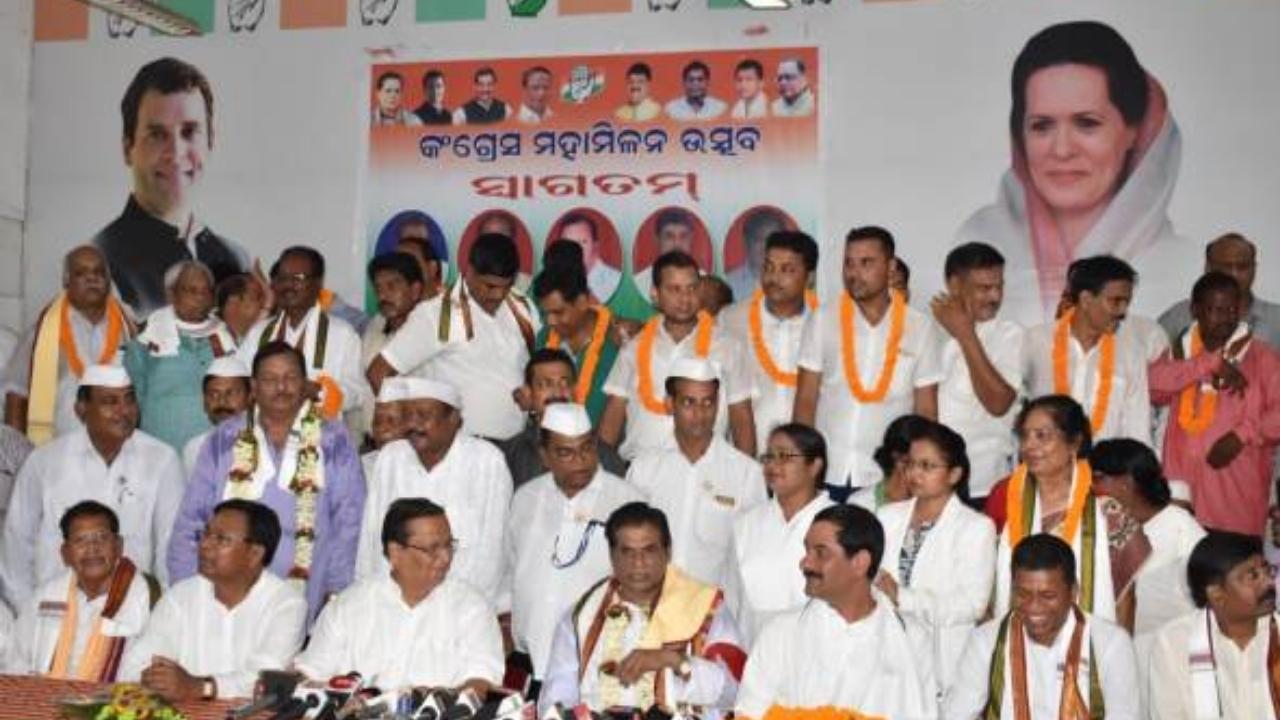Lede: An ambitious project to modernize public services in Bhubaneswar, India, through a network of interactive terminals has collapsed, leaving nearly 30 Bhubaneswar smart kiosks derelict. The ₹8 crore (approx. $960,000) initiative, part of a national push for technologically advanced cities, now stands as a cautionary tale of failed planning and wasted public funds.

Bhubaneswar’s Smart Kiosk Dream Turns into a Digital Dud
| Key Fact | Detail / Statistic |
| Total Investment | ₹8 crore (approximately $960,000 USD) |
| Project Implementer | Bhubaneswar Smart City Limited (BSCL) |
| Number of Units | 30 kiosks installed across the city The New Indian Express |
| Intended Function | Utility bill payments, information access, citizen services |
| Current Status | Over 90% non-functional, vandalized, or dismantled Odisha TV |
A Vision Unplugged: The Promise vs. Reality of Bhubaneswar Smart Kiosks
Launched with significant fanfare between 2018 and 2019, the interactive kiosks were intended to be a cornerstone of Bhubaneswar’s selection as a top contender in India’s Smart City Mission. This national program aims to develop 100 cities across the country, making them more citizen-friendly and sustainable through digital infrastructure. The kiosks were designed to provide a seamless interface for residents to pay utility bills, access government information, and obtain city services without visiting municipal offices.
Today, however, these digital gateways are little more than urban scrap metal. A majority of the 30 units installed in prominent locations like markets, bus stops, and public squares are non-operational. Many have been vandalized, with screens shattered, components stripped, and structures left to rust. Local reports indicate some have become makeshift trash bins or surfaces for pasting advertisements, a stark contrast to their intended purpose.
“The idea was excellent, but the execution was a complete failure,” said a shopkeeper near a defunct kiosk in the Saheed Nagar market area, speaking to local reporters. “It worked for a few months, maybe, and then it just stopped. No one ever came to fix it.”

Systemic Failures and a Breakdown in Maintenance
Sources familiar with the project’s implementation point to a cascade of failures, beginning with the public-private partnership (PPP) model used for execution. Bhubaneswar Smart City Limited (BSCL), the special purpose vehicle created to manage the city’s smart initiatives, awarded the contract to an outside firm responsible for installation and a five-year maintenance period.
However, the project was plagued with problems almost from the start. Key reasons cited for the failure include:
- Lack of Maintenance: The primary contractor reportedly failed to provide consistent and timely maintenance, leading to swift deterioration.
- Technical Glitches: Users and officials reported frequent software bugs, poor internet connectivity, and power supply issues that rendered the machines unusable.
- Low Public Adoption: Insufficient public awareness campaigns and a non-intuitive user interface meant many citizens continued to prefer traditional methods for payments and services.
- Vandalism and Security: The kiosks, placed in open public spaces without adequate security, became easy targets for theft and vandalism.
“A smart city project isn’t just about installing fancy hardware,” said Dr. R.K. Mishra, an urban planning expert at the Centre for Urban and Regional Studies. “It requires a robust ecosystem of maintenance, security, software support, and citizen engagement. Without these pillars, even the most well-intentioned digital infrastructure project is destined to fail.”
Bhubaneswar Unit-1 Market to Convert Organic Waste into Electricity with New Biogas Facility
Odisha Commits Over Rs 5,000 Crore to Establish 835 Model Schools for Quality Education
E-KYC Mandatory for Odisha Farmers to Continue Receiving Scheme Aid; Deadline Looms.
Questionable Use of Public Funds and an Accountability Vacuum
The ₹8 crore price tag has drawn sharp criticism from opposition leaders and civil society groups, who are now demanding an investigation into the allocation and expenditure of public funds. The money, channeled through the Smart City Mission, was a combination of central and state government funding. The complete write-off of this investment raises serious questions about project oversight and accountability within BSCL.
According to a report from The Times of India, municipal officials have acknowledged the project’s failure. There is an ongoing debate within the Bhubaneswar Municipal Corporation (BMC) and BSCL about whether to attempt a costly revival of the existing kiosks or to scrap the project entirely and absorb the loss.
“We are reviewing the status of the kiosks and the terms of the agreement with the private partner,” an unnamed BSCL official was quoted as saying in a local media outlet. “All options are on the table, including legal action to recover costs.”
The failure in Bhubaneswar is emblematic of wider challenges facing India’s ambitious urban transformation goals. While the Smart City Mission has successfully funded many infrastructure upgrades, several high-tech projects in other cities have also struggled with sustainability and long-term maintenance, leading to debates about the suitability of complex, top-down technology solutions.
As Bhubaneswar officials deliberate on their next move, the rusting skeletons of the smart kiosks serve as a potent and expensive reminder. The incident underscores that for a city to be truly “smart,” its technological ambitions must be grounded in practical planning, diligent oversight, and a clear commitment to serving the public for the long term.





